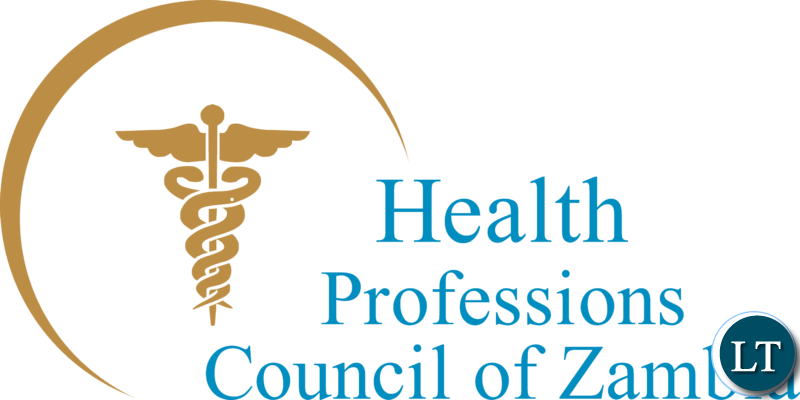ENTRY REQUIREMENTS Grade 12 with 5'o levels (Credit or Better) in Math, English, and any Sci......
Online Payments
Exchange Rates
Student Library
Our news and Events
Latest News & Events
24
Apr, 2025
- SATAKUNTA UNIVERSITY OF APPLIED SCIENCES-FINILAND
MOU SIGNED BETWEEN GIDEON ROBERT UNIVERSITY SATAKUNTA UNIVERSITY
04
Apr, 2025
- SOCIAL MEDIA NETWORK AND WHATSAPP GROUPS
GIDEON ROBERT UNIVERSITY IS LEGALLY FULLY REGISTERED. BEWARE OF FALSE INFORMATION.
16
Mar, 2025
- GIDEON ROBERT UNIVERSITY HQ
UPGRADE TO DENTAL TECHNOLOGY DIPLOMA WITH A DENTAL THERAPY ASSISTANT SURGERY CERTIFICATE

Transform Your Future with Excellence in Education
- Unlock your potential with expert guidance.
- Achieve your academic and personal goals.
- Empower yourself with lifelong learning skills.




Our University Courses

Masters Degree
Master of Public Health
ENTRY REQUIREMENTS Grade 12 with 5'o levels (Credit or Better) in Math, English, and any Sci......

Bachelor Degree
Bachelor of Agricultural Sciences (Soil Sciences)
ENTRY REQUIREMENTS Grade 12 with 5'o levels (Credit or Better) in Math, English, and any Sci......

Masters Degree
Master of Health Service Management
ENTRY REQUIREMENTS Grade 12 with 5'o levels (Credit or Better) in Math, English, and any Sci......

Bachelor Degree
Bachelor of Science in Risk and Security Management
ENTRY REQUIREMENTS Grade 12 with 5'o levels (Credit or Better) in Math, English, and any Sci......

Bachelor Degree
Bachelor of Education in English
ENTRY REQUIREMENTS Grade 12 with 5'o levels (Credit or Better) in Math, English, and any Sci......
Accreditation | Affiliation | Registration









